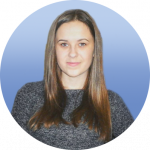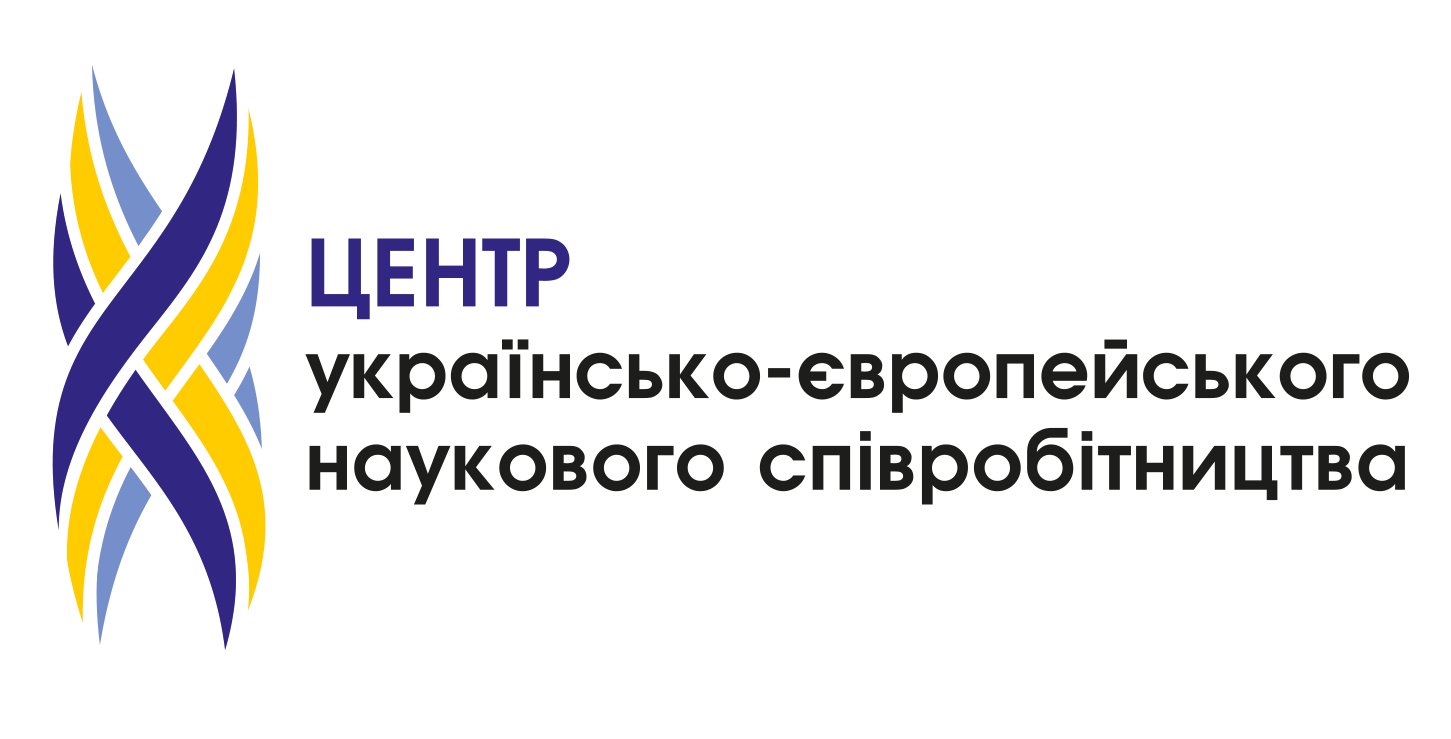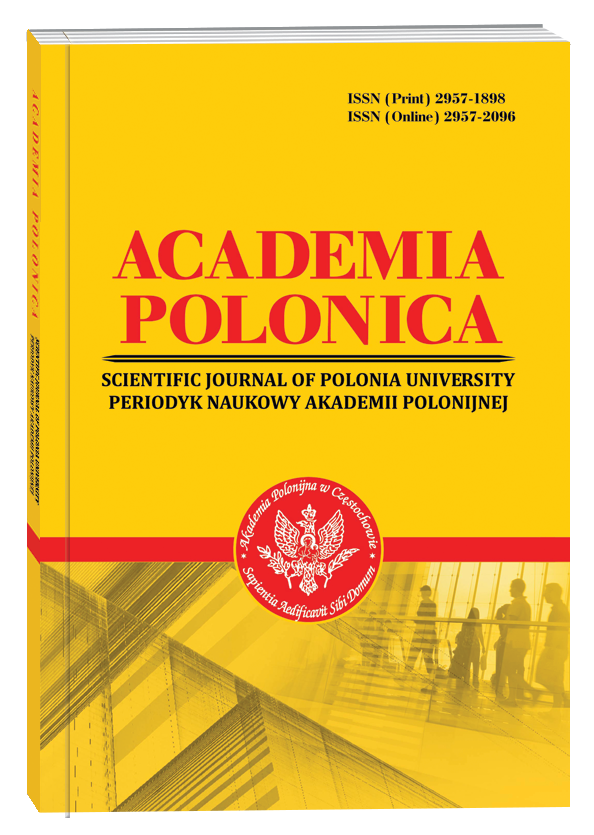Dear authors!
We kindly invite you to publish your articles
in the foreign scientific journal
ACADEMIA POLONICA
Academia Polonica is the scientific journal of Polonia University which unites the scientists from different continents whose scientific papers deal with the problems in humanities, education/pedagogy, journalism, social and behavioral sciences, law, public management and administration, international relations, health care sciences and transport.
The Ministry of Sciences and Higher Education of Poland assigns points to the journal.
The journal is included into the following scientometric databases: DOAJ; Polish scientific and professional electronic journals; General Impact Factor; Punktacjaczasopism; UlrichsWeb; CiteFactor; DRJI; Nukat; Sindexs; ROAD; Index Copernicus; Crossref; WorldCat; Universitätsbibliothek Leipzig; TIB; ESJI; PBN; Scilit; TIB; JIFactor.
Every published manuscript is awarded DOI (Digital Object Identifier).
Language: English, French, German, Italian and other EU languages.
ISSN (Print): 2957-1898, ISSN (Online): 2957-2096
![]() The manuscripts of Doctors and Candidates of Sciences, young scientists (PhD students, external PhD students) as well as practitioners are accepted for publishing.
The manuscripts of Doctors and Candidates of Sciences, young scientists (PhD students, external PhD students) as well as practitioners are accepted for publishing.
A scientific article published in “Academia Polonica” shall be considered as the publication in the scientific periodical of the state which is a member of the Organisation for Economic Co-operation and Development and European Union according to p. 2.2. of the Order of Ministry of Education and Science of Ukraine “On Publication of the Results of Dissertation for Scientific Degrees of Doctor and Candidate of Sciences” as of 23.09.2019 № 1220 (for a degree of Doctor and Candidate of Sciences).
To publish the article in the journal “Academia Polonica” Volume 71 No. 4, 2025, you should to send the following materials to pnap@cuesc.org.ua before August 29, 2025:
- the article meeting the requirements specified by the editorial staff. Authors whose articles don’t comply with the requirements are rejected to be published;
- to indicate information about the author at the link;
- payment confirmation.
* The author receives payment details after a successful peer-review. The author is informed about the peer-review results during 3-4 days from the date of materials receipt.
SECTIONS:
- LANGUAGE, CULTURE, COMMUNICATION (Linguistics and Language, Cultural Studies, Anthropology, Communication, Education)
- INNOVATION, WORK, SOCIETY (Sociology and Political Science, Public Administration, Social Work, Law, International Relations, Safety Research)
- HEALTH, ENVIRONMENT, DEVELOPMENT (Health, Life-span and Life-course Studies, Planning and Development)
- TECHNOLOGY, CREATIVITY, IMPLEMENTATION (Human Factors and Ergonomics, Transportation, Urban Studies)
- MULTIDISCIPLINARY SCIENCES
PEER-REVIEW PROCESS:
When the author submits the article to the journal “Academia Polonica”, it is subjected to the internal anonymous peer-review. One of the editorial board members, who is a renowned expert in the relevant field, carries out the peer-review. Impartial peer-reviewers thoroughly evaluate the article’s quality, including with the use of individual criteria. The peer-reviewers check the manuscripts for substantiation of the research methodology and procedures. If a peer-reviewer has some comments on the article, it can be sent back to the author for improving.
The authors are liable for the content of manuscripts, reliability of data, facts, quotations, level of independence of findings.
ACADEMIC INTEGRITY:
The Editorial Board guarantees high-quality anonymous peer-review of articles and their check for plagiarism using StrikePlagiarism.com by the Polish company Plagiat.pl.
PUBLICATION FEE:
The publication fee is 1100 UAH. For members of the Center for Ukrainian and European Scientific Cooperation, the publication fee is 900 UAH (you can find information on how to become a member of CUESC at the link). The publication fee covers expenses associated with reviewing, article proofreading and editing, journal mocking-up and publication of its electronic version.
If desired, an author can order a printed copy of the journal. The cost of a printed copy is UAH 800, which is paid in addition to the publication fee.
The electronic version of the journal will be available on the official web-site www.pnap.ap.edu.pl on October 29, 2025.
Authors who ordered a printed copy will receive it before November 29, 2025.
GENERAL REQUIREMENTS FOR A SCIENTIFIC ARTICLE:
– author can’t edit the manuscript once it is submitted, thus we encourage you to send the final version of the paper;
– the editorial staff does not return the submitted materials and reserves the right to make formal changes and add the necessary abbreviations;
– the article should present the author’s considerations regarding a particular topic;
– the article should include ideas which are characterized by a high level of generalization and scientific novelty;
– papers: 15.000–40.000 characters with spaces (also including abstracts, references, bibliography, tables, diagrams, and footnotes);
– language: English, French, German, Italian and other EU languages.
PROHIBITION TO REFER TO THE AGGRESSOR STATE’S SCHOLARLY PAPERS:
It is prohibited citing and including in the reference list russian-language contributions published in any country, incl. papers written in other languages but published in russia and belarus.
TECHNICAL REQUIREMENTS:
File format: *.doc; *.docx. Papers: 15.000–40.000 characters with spaces.
Fields – 2 cm (bottom) x 2 cm (top), 3 cm (left) x 1,5 cm (right); indention – 1,25 cm; line spacing – 1,5 cm; font – Times New Roman; size – 14.
If the article has tables and (or) graphics, they should be compact, entitled: Times New Roman, 12 ps. The size of the tables and graphics shouldn’t exceed a page width.
SEQUENCE OF PLACEMENT OF STRUCTURAL ELEMENTS:
At the front of the article, you should indicate:
title;
surname, name of author (-s) of the article (no more than two persons);
job position, place of employment/study, academic degree, rank (if any), e-mail;
ORCID ID. If an author is not logged in ORCID, it is necessary to create an account at the link http://orcid.org/;
summary and key words. Summary volume: minimum 150 words, maximum 250 words. After the summary it is necessary to add 5-10 key words or phrases, none of which duplicates the title of the article.
Text of the article:
Introduction is an obligatory part of the research, where the author indicates topicality of the subject and actuality of scientific decisions. Goal of research should be clearly indicated along with the research tasks. It is necessary to specify the methodology of research, the logic of presentation of the investigated material.
The main text should be divided into content-rich sections with separate headings (up to
4-6 words).
The article should contain conclusions from the study, which present detailed findings from the study and the prospects for further research in this direction.
References. The references should be placed at the end of the paper in alphabetic order. It is composed according to standards APA (APA Style Reference Citations). There is an author (transliteration), title of the article (in square brackets, English translation), source name (transliteration), source data (city with the English mark), publishing house (transliteration). For example:
Dikhtiievskyi, P. V., Lahniuk, O. M. (2015). Kadrove zabezpechennia sudiv zahalnoi yurysdyktsii: administratyvno-pravovyi aspekt [Staff assistance of of courts of general jurisdiction: administrative and legal aspect]. Kherson: Helevetyka. [in Ukrainian]
Transliteration of names and surnames is carried out in accordance with the requirements of the Resolution of the Cabinet of Ministers of Ukraine “On Normalization of Transliteration of the Ukrainian Alphabet by Means of the Latin Alphabet” dated January 27, 2010, No. 55.
EXAMPLE OF ARTICLE DESIGN:
MONTAGE ASTHE UNIVERSAL CREATIVE DEVICE: INTERDISCIPLINARY APPROACH
Liudmyla Korotkova
Assistant Professor, PhD, Ivan Franko National University of Lviv, Ukraine
e-mail: valeetmeama@i.ua, orcid.org/0000-0002-8038-1530
Summary
The aim of this paper is to prove the hypothesis: montage is the universal creative device which is present in nature, culture and art. The evolution of this device is considered in cinematography, methods of using montage in various kinds of art are generalized. Methods used in the study: general scientific (analysis and synthesis, induction and deduction), methods of theoretical research (from abstract to concrete), historical method. As a purely technical method, montage is used everywhere, starting with the unforgettable past.
(обсяг анотації: мінімум – 150 слів, максимум – 250 слів)
Keywords: knowledge, information, system, information economy, management. (до анотації обов’язково додають 5–8 ключових слів чи словосполучень, жодне з яких не дублює назву статті)
1. Introduction
2. Montage in cinematography
It presupposes the conceptual comprehension of the process of establishment of an informative and technological method of production and related to it forming of an information paradigm in a modern economic science. The evolutionary process of the establishment of information society is represented in researches of P. Drucker, who used a notion “information revolutions” (Drucker, 1989: 23). He worked out the theory of the stages of development, which allows deeper understanding of the logic of establishment of information economy.
3. The Revolution in the development of information technologies
4. The process of globalization
5. Conclusions
References
Drucker, P. F. (1989). The new realities: In government and politics, in economics and business, in society and world view. New York: Harper & Row.
REPRESENTATIVE OFFICE IN UKRAINE:
 Center for Ukrainian and European Scientific Cooperation
Center for Ukrainian and European Scientific Cooperation
Coordinator of foreign scientific journal:
Liashchova Anastasiia Oleksandrivna
Contact number: +38 (095) 653 40 42
E-mail: pnap@cuesc.org.ua
Web-site: www.cuesc.org.ua/zhurnali/pnap/
Official web-site: www.pnap.ap.edu.pl











